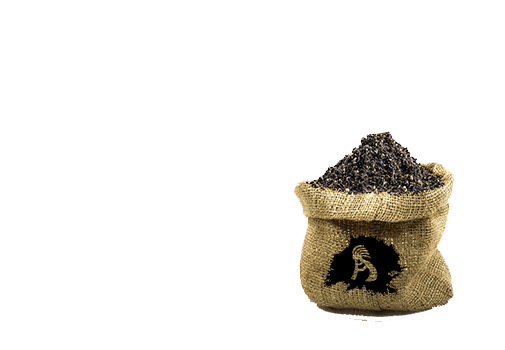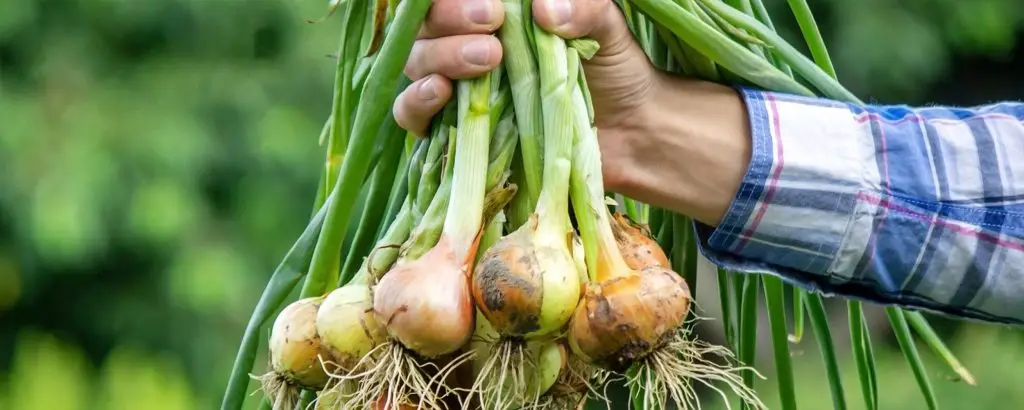Humates are highly compressed, natural organic humus, the decayed remains of tropical rain forests which existed millions of years ago in what is now the southwestern United States. Bacterial action has exhumed humate deposits from deep underground and oxidized them near the surface, similar to how humus forms in fertile agricultural soils. Thus, humates provide a concentrated source of naturally-occurring humus to your soil. It have a high humic acid content (humic acid is one of the most biochemically active elements in humus).
The terms “humic acid” and “humate” are often used interchangeably, and so it can be confusing to differentiate between the two. In simplest terms, humate refers to the black solid matter that contains humic acid. Using fruit as a broad analogy, “humate” would be the orange, and “humic acid” would be the Vitamin C
The minerals and trace elements contained in humates and in the soil are readily available to plants through organic complexing. Adding Humate represents the most efficient method for increasing soil humus content because it offers high concentration and easier application compared to other forms of humic matter. Additionally, because humates undergo complete decomposition, they do not compete with plants for nutrients like nitrogen, unlike incompletely decomposed compost. Using humate restores the natural balance in soil necessary for optimal plant growth.
The benefits found in this section are some of the results you can expect from applying humate. To view recent compilations of the latest research and publications regarding the benefits of humates, choose an additional publication
Conclusion:
In summary, humates, remarkable organic compounds in soil and natural deposits, hold immense potential for improving agriculture and soil health. These complex compounds, including humic and fulvic acids, play vital roles in nutrient availability, soil structure, and plant growth. Their role in mineral chelation, microbe activation, and plant stress resistance underscores their importance in sustainable farming. Exploring humates reveals potent tools for healthier soils, higher yields, and a sustainable agricultural future.







